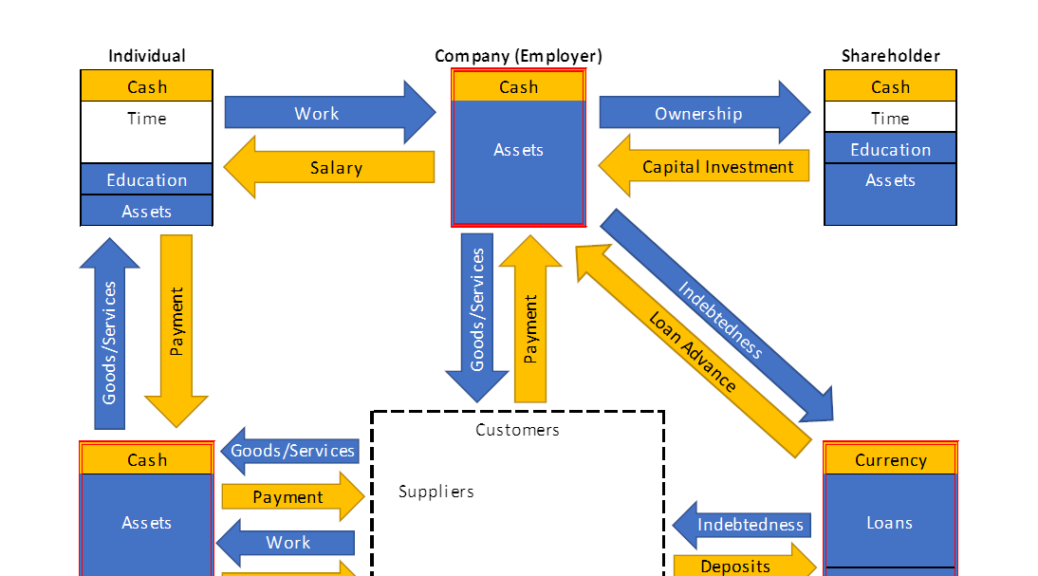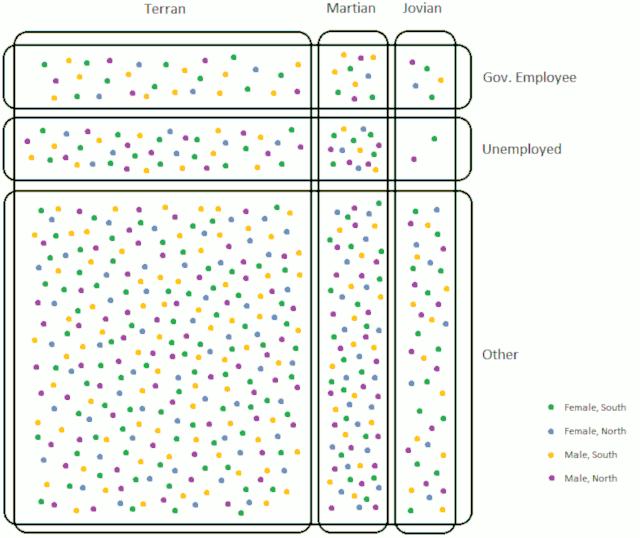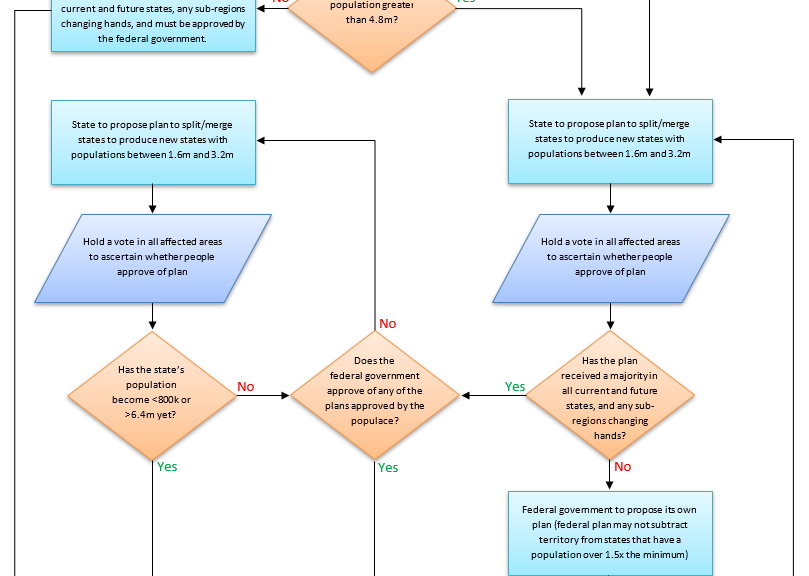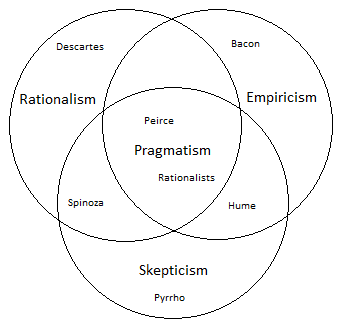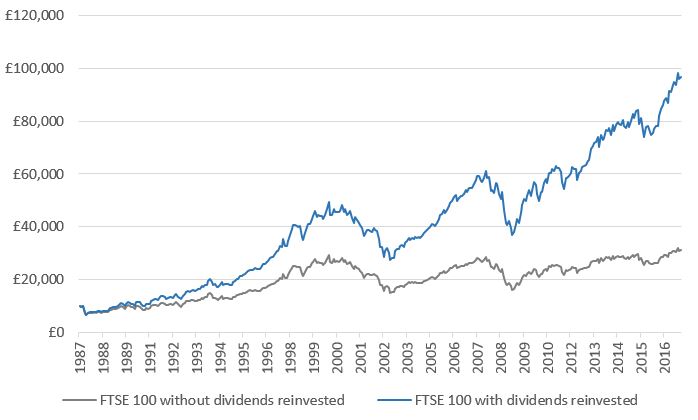
Dividends vs. Buybacks – Take My Money, I Didn’t Ask for a Refund
Conventional wisdom is that dividends are great – for many people they are the main reason why people invest in companies in the first place. A dividend is your share of a company’s profits – when the company does well, they pay a dividend to their shareholders.
Within this context, the idea of “share buybacks” seems shady – rather than paying the shareholders their due, the company instead embarks on some back-room market manipulation, spending the shareholders cash to prop up the share price and net the executives a bigger bonus.
This narrative, that share buybacks are done to enrich insiders at the expense of other shareholders, and that dividends are fundamentally different, better, simpler and more honest, is incorrect and unhelpful. It is an overly divisive way of framing a fairly technical choice, that leads people to favour a more obscure system. In this post I hope to offer a viewpoint that explains the following…

